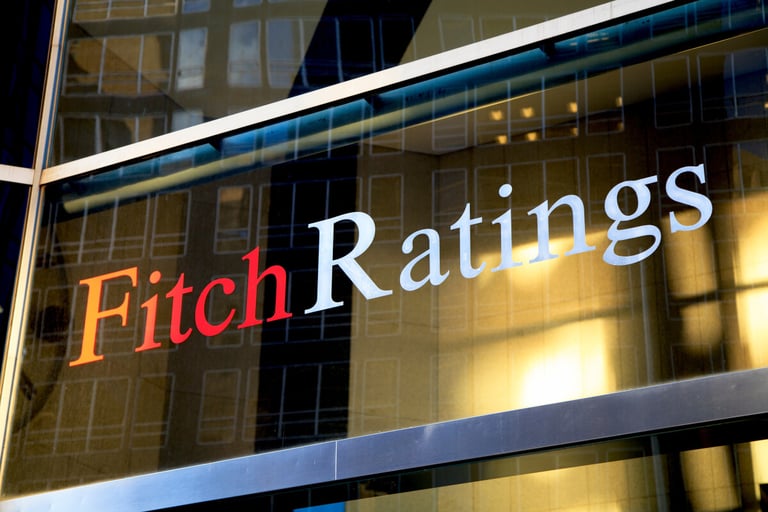The Downgrade of US Debt: Unraveling the Perils of Economic Consequences


The United States of America has long been considered the bastion of global economic stability and the epitome of financial resilience. However, in recent times, the nation's fiscal health has come under scrutiny as its debt load reaches unprecedented levels. A downgrade of the US debt rating, should it ever happen, would send shockwaves through the global financial system. In this blog, we will delve into the potential ramifications of such an event, exploring the detrimental impacts on various economic facets.
Erosion of Investor Confidence
The credit rating of a nation is a critical barometer of its economic stability and ability to honor its financial obligations. A downgrade signals to investors that the nation is facing fiscal challenges and may have difficulty repaying its debts. As a result, there is a high likelihood of investors losing confidence in the US economy, leading to an exodus of foreign capital from the country. This capital flight could exacerbate the downward spiral, further increasing borrowing costs and creating a negative feedback loop.
Soaring Interest Rates
A downgrade typically results in higher interest rates for US government debt. The higher the perceived risk, the more investors demand in return for holding that debt. This spike in interest rates would not only increase the cost of servicing the national debt but would also affect interest rates for consumers and businesses. Borrowing for mortgages, student loans, and corporate investments would become more expensive, slowing down economic growth and potentially stifling investments.
Impact on Economic Growth
A downgraded credit rating could significantly hamper economic growth. Higher interest rates and reduced investments would lead to a decrease in consumer spending, business expansion, and job creation. The adverse economic effects could cause a slowdown, pushing the US into a recessionary phase. The ripple effect of this downturn could extend globally, as the US is an economic powerhouse, and a slowdown in its growth would have severe repercussions on international trade and markets.
Weakening Dollar and Inflationary Pressures
The US dollar has long been the world's primary reserve currency. However, a debt downgrade could dent the dollar's status, reducing its attractiveness to foreign central banks and investors. A weaker dollar could result in higher import costs, leading to inflationary pressures within the US economy. A surge in inflation would erode purchasing power, negatively impacting consumers and creating an uphill battle for monetary policymakers to control rising prices.
Impact on Government Spending and Social Programs
A downgrade of US debt could impose constraints on government spending. As borrowing costs escalate, the government may have to divert more funds to service its debt, leaving fewer resources available for essential public services, infrastructure projects, and social welfare programs. This could lead to budget cuts and potential reductions in social safety nets, adversely affecting vulnerable segments of society.
Geopolitical Implications
The US has been a global superpower for decades, and its financial stability has bolstered its geopolitical influence. A downgrade could weaken the nation's position in international negotiations and undermine its credibility as a reliable partner in global affairs. Moreover, rival nations may exploit the situation to advance their own interests, further complicating global diplomatic relations.
A downgrade of US debt is a specter that looms ominously over the nation's economy. The repercussions would be vast and far-reaching, impacting not just the US but the entire global financial ecosystem. Investor confidence would wane, interest rates would surge, and economic growth would falter. The consequences could lead to a weakening dollar, inflationary pressures, and challenges in funding essential government programs.
It is crucial for policymakers, irrespective of political affiliations, to work together to address the nation's fiscal challenges proactively. Implementing prudent fiscal policies, reducing deficits, and promoting economic growth are essential to safeguarding the US economy from the ominous implications of a debt downgrade. Only through collective efforts can the nation preserve its reputation as an economic powerhouse and ensure a stable and prosperous future for its citizens and the global community.




